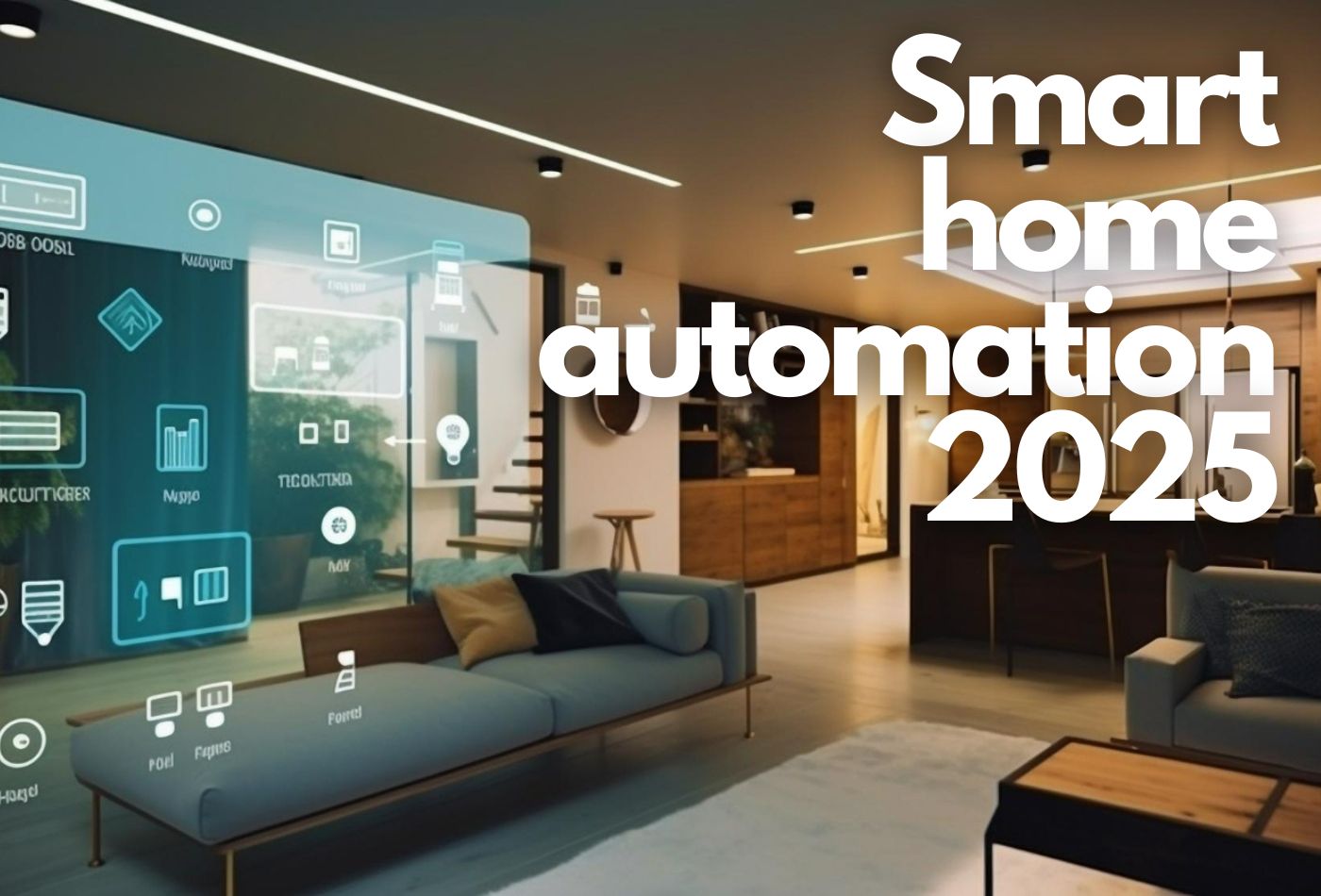Tech Versum: Explore the Future of Technology
Dive into the latest trends and innovations in technology with Tech Versum.
Smart Homes: Where Your Refrigerator Knows More Than You Do
Discover how smart fridges and connected devices are revolutionizing home life—your fridge might just be the smartest member of your family!
How Smart is Your Refrigerator? A Deep Dive into Smart Home Technology
In the age of smart home technology, appliances like refrigerators are becoming increasingly sophisticated. Smart refrigerators integrate advanced features such as touchscreen controls, voice assistants, and even internal cameras that allow you to see what's inside without opening the door. This not only helps in keeping track of your groceries but also assists in meal planning by suggesting recipes based on available ingredients. With the ability to connect to the internet, smart refrigerators can also alert you when your food is running low or nearing expiration, making it easier than ever to maintain a balanced diet and reduce waste.
Moreover, many of these devices come equipped with energy-efficient settings, allowing you to monitor and adjust energy usage remotely. Features like smart diagnostics can help troubleshoot issues, while apps can send notifications directly to your smartphone for easy management. As a result, investing in a smart refrigerator not only enhances your kitchen's functionality but also contributes to a more sustainable lifestyle. With these innovations, the question isn’t just how smart is your refrigerator, but how much smarter can it get in serving your home and lifestyle needs?

10 Surprising Features of Smart Refrigerators You Didn't Know About
Smart refrigerators are revolutionizing the way we store, manage, and interact with food. One of the most surprising features is their ability to connect to the internet, allowing you to access recipes, grocery lists, and meal plans directly from the refrigerator's touchscreen display. Additionally, these appliances often come equipped with internal cameras that allow you to see what’s inside your fridge from your smartphone while you’re at the grocery store, helping to prevent unnecessary purchases and food waste.
Another fascinating aspect of smart refrigerators is the smart inventory management system. This technology can track expiration dates and notify you when items are running low, ensuring that you never run out of essentials. Furthermore, some models offer energy efficiency features that optimize cooling based on usage patterns, ultimately leading to cost savings on your utility bills. With these innovative capabilities, it’s no wonder that smart refrigerators are becoming a staple in modern kitchens.
Are Smart Homes the Future? Exploring the Benefits and Risks of Smart Appliances
As technology continues to advance, the concept of smart homes is becoming increasingly popular. Smart appliances, ranging from refrigerators that can track your grocery inventory to thermostats that learn your heating preferences, offer numerous benefits that appeal to modern homeowners. These devices not only enhance convenience by allowing users to control home systems remotely via smartphone apps but also contribute to energy efficiency. For instance, smart lighting can adjust according to natural light levels, helping to reduce electricity consumption.
However, transitioning to a smart home also comes with its share of risks. One major concern is security; as smart appliances connect to the internet, they potentially expose the home to cyber threats. Hackers could exploit vulnerabilities to gain access to personal data or even control the devices themselves. Additionally, reliance on technology raises questions about privacy and data collection, as many smart devices continuously gather and share user information. Thus, while smart homes may represent the future of residential living, it is vital for consumers to weigh these benefits against the associated risks.